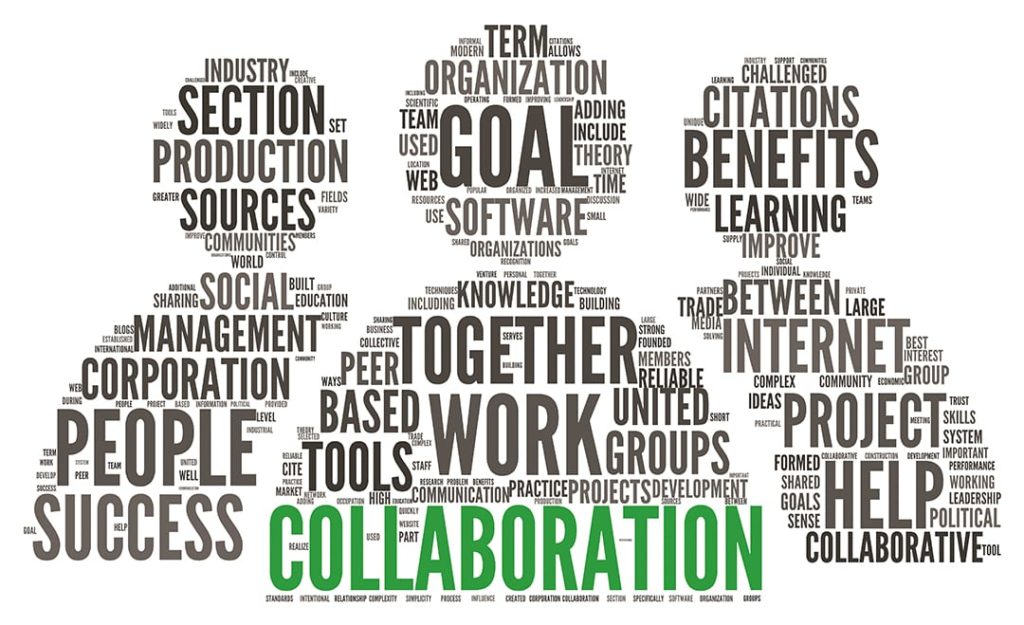Consider a collaborative approach to your divorce by involving a neutral financial expert and a neutral mental health professional. This approach can often help streamline the process and reduce conflict compared to a more adversarial legal process.
- Initial Consultations:
- Meet with a financial expert who specializes in Collaborative divorce to discuss your financial situation. They can help you understand your assets, debts, and potential financial outcomes.
- Similarly, consult with a mental health professional or therapist who has experience in Collaborative divorce cases. They can help you navigate the emotional aspects of the process and provide coping strategies.
- Create a Team:
- Once you’ve selected your financial expert and mental health professional, they can work together to form a collaborative team to support you throughout the divorce process.
- Communication and Mediation:
- Regular meetings involving one or both professionals can help facilitate open communication and collaboration. This can lead to more efficient problem-solving and decision-making.
- Financial Assessment:
- The financial expert can help assess your financial situation, including assets, debts, income, and expenses. They can also project the financial impact of different settlement options.
- Emotional Support:
- The mental health professional can provide emotional support to both you and your spouse during the process. They can offer coping strategies and help manage stress and anxiety. They can assist in dealing with issues involving children, both young and adult.
- Negotiation and Settlement:
- With the assistance of your collaborative team, work together to negotiate and draft a divorce agreement that addresses financial matters, child custody arrangements, and any other pertinent issues.
- Legal Paperwork:
- While the goal is to minimize the involvement of lawyers, you will still need legal assistance to ensure the final divorce paperwork is correctly prepared and filed according to local laws.
- Finalization:
- Once the agreement is reached and the paperwork is prepared, follow the legal process to finalize the divorce. This may involve a court hearing to approve the settlement agreement.
Remember, while this collaborative approach can be beneficial, it’s important to consult with legal professionals as needed to ensure that your rights are protected and that the final agreement is legally binding. Laws and regulations can vary depending on your jurisdiction. It’s recommended to consult with an attorney even if they play a more limited role in your divorce process.


